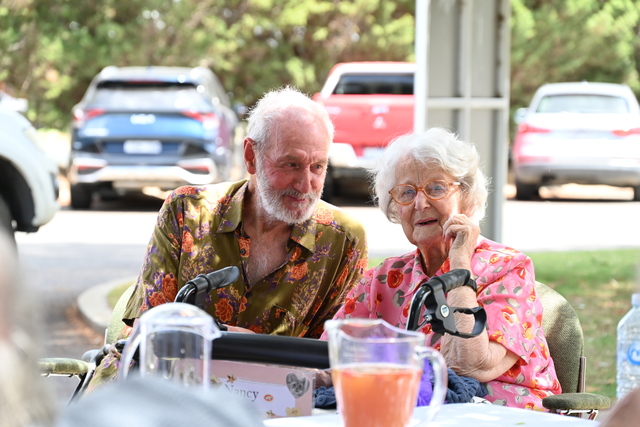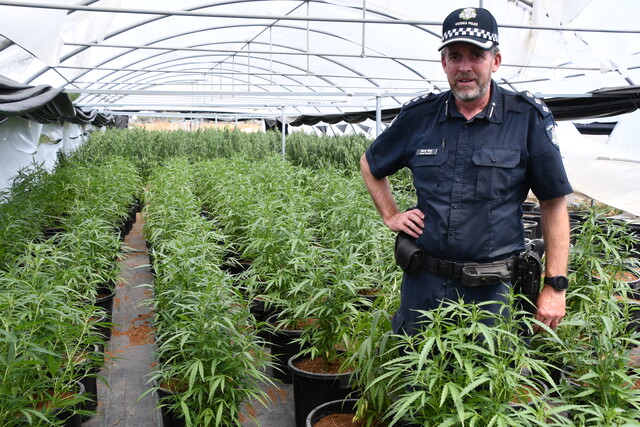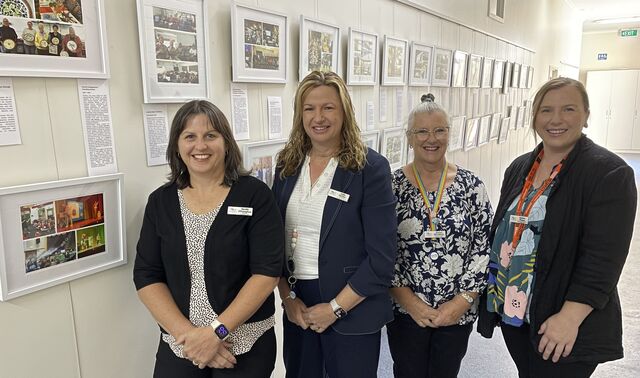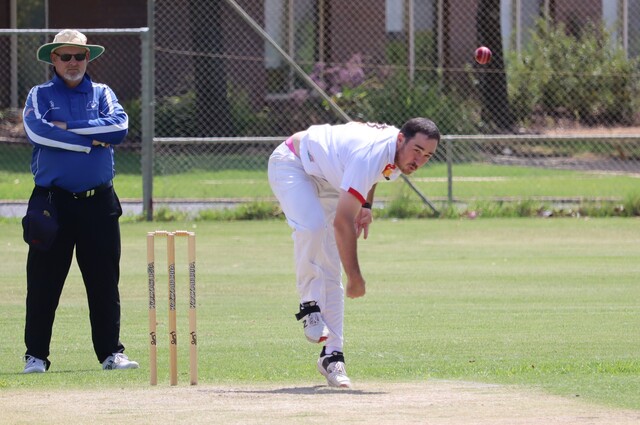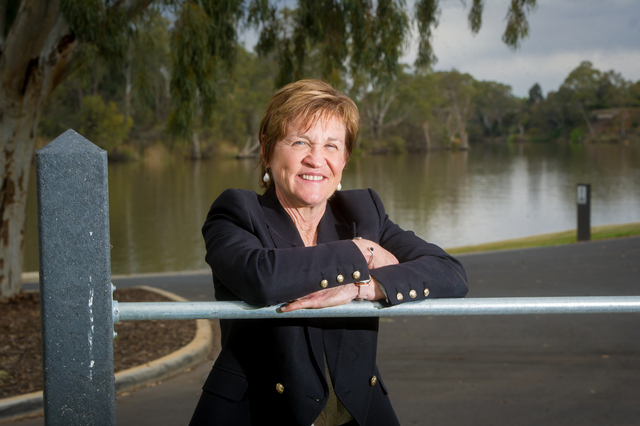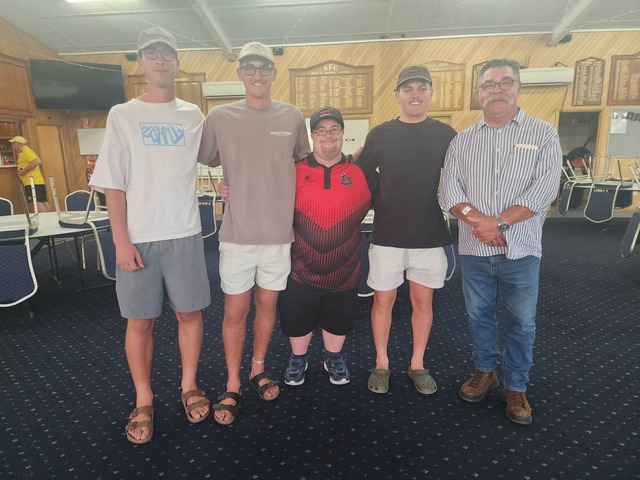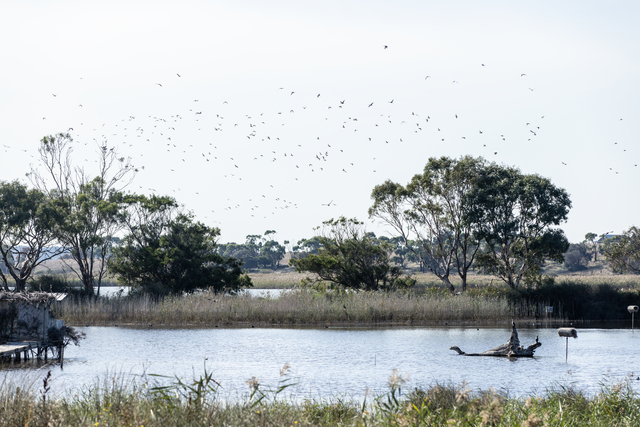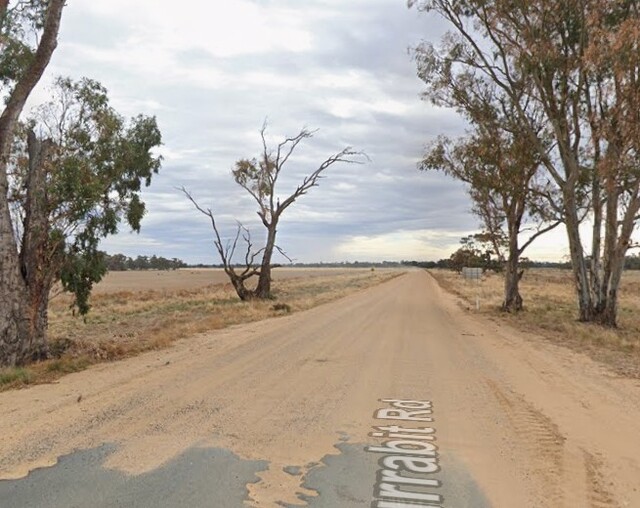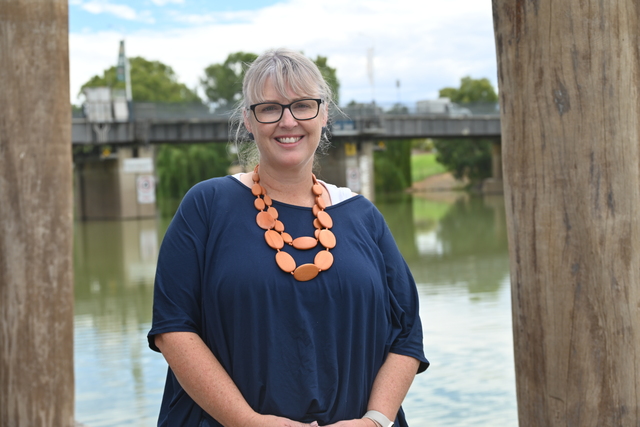ENVIRONMENTALISTS and irrigators have voiced opposing views on what the new Murray-Darling Basin Plan Bill will mean for basin communities.
The Federal Government this week secured the support needed to rewrite the Murray-Darling Basin Plan, with independent ACT senator David Pocock announcing his support for the legislation on Wednesday, joining independent Victorian senator David Van and the Greens.
The updated legislation would remove the cap on the amount of water the Commonwealth could buy from farmers to meet environmental water saving targets. Voluntary water buybacks would also be reintroduced.
Senator Pocock said the package included a $30 million contingency reserve to be drawn on in times of drought, $20 million to improve the health of the upper Murrumbidgee River and $500,000 to support First Nations to participate in water releases from the High Country.
Federal Water Minister Tanya Plibersek said she was willing to work with all parties who interested in getting the best outcome for the basin.
“I have made clear from the start that I am determined to deliver the Murray-Darling Basin Plan,” Ms Plibersek said.
“This is a critical time for our environment – I don’t want communities to wake up one day with a dry river and know their governments could have done more.
“Not delivering this is simply not an option – we want to make sure we have a healthy and sustainable river system for the communities, industry, First Nations groups and environment that rely on it.”
Moulamein irrigation farmer and National Irrigators’ Council chair Jeremy Morton told The Guardian he was “extremely disappointed” that the repercussions of this deal on basin communities had seemingly not properly been considered.
“We’ve spent 18 months engaging with (Ms Plibersek) and her department on ways to deliver the basin plan that wouldn’t require high levels of water buybacks from farmers, and all they’ve really done is cleared a pathway to make that the easiest way to complete the plan,” he said.
Mr Morton said he was also disappointed to see complementary measures excluded from the Bill, including things like cold water pollution, European carp control and the construction of fish passages.
“There is just a massive missed opportunity to get significant environmental outcomes for the basin,” he said.
“We’ve been hearing about it for decades, about things other than increasing flows in the river system, all these other things that can be done to improve environmental outcomes, and none of that has been included in this legislation.”
However, local environmentalist and volunteer member of Friends of Nyah-Vinifera Park Morgana Russell welcomed the deal, and was hopeful the Bill would pass.
“Healthy water is the basis of living standards here along the Murray – for drinking, farming and ecology,” she said.
“We need real water returned to the river and the quickest, cheapest way is buybacks.”
Ms Russell said the voluntary buybacks would not have much of a negative impact on the local community, but would rather bolster health and tourism.
“We have been over-extracting from the system for far too long. Without a healthy, flowing river system, there are no healthy farming communities,” Ms Russell said.
“If farmers want to sell their water, they should be able to sell it to the government to put back into the environment.”
The Bill will now progress to the House of Representatives.
“We do not dispute the importance of a healthy and sustainable river system for everyone,” Mr Morton said.
“However, this Bill is focused on numbers on a page rather than on the final environmental outcomes the 450GL of water will achieve.
“Now it has passed the Senate, we urge the minister to focus on the end environmental goal, to avoid further buybacks and the destruction of regional communities.”


